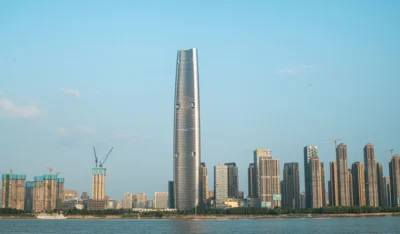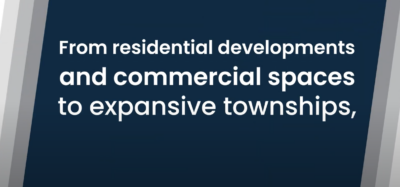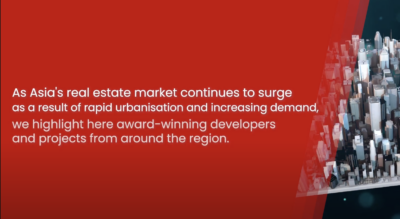Average apartment prices in Vietnam’s major cities increase by 2%
Condominium prices continue to rise despite lower levels of interest in real estate from the fourth COVID-19 wave
According to Batdongsan.com.vn, Hanoi and Ho Chi Minh City saw condominium prices increase, despite significant drops in demand for property searches and transactions in July due to COVID-19 surge.
Recent data from Batdongsan.com.vn’s pages revealed that the level of interest in real estate dropped by 22 percent in July, while the number of property postings decreased 12 percent.
Across multiple cities and provinces, particularly in the south, the number of property transactions plummeted as the fourth COVID-19 wave spread rapidly, and social distancing regulations were imposed.
Ho Chi Minh City, which currently has the highest number of infections, saw property postings and interest fell by 52 percent and 33 percent, respectively.
On the contrary, Bac Ninh and Bac Giang showed signs of optimism as interest in real estate increased by 40 percent and 22 percent in July.
Previously in May and June, interest in these two markets continuously decreased due to the negative impacts of COVID-19. However, better containment of the pandemic in July paved the way for real estate in these two provinces to recover.
Looking at the condominium segment, interest dropped by two percent in Hanoi, while Ho Chi Minh City experienced 25 percent. The number of postings, which reflect supply, also decreased by four and 44 percent, respectively.
More: Vietnam’s coastal real estate presumes a slow rebound due to outbreak
Nevertheless, condominium prices continued to increase, as the average apartment prices in Hanoi and Ho Chi Minh City increased by two percent from June.
The average apartment price in Ho Chi Minh City is currently much higher than in Hanoi, with the average selling price in July recording at VND53 million (USD2,330) per m2, compared to VND34 million/m2 in Hanoi.
The Property Report editors wrote this article. For more information, email: [email protected].
Recommended
6 developments driving Asia’s green real estate shift
Developers are being incentivised to push a green agenda into daring new realms
The Philippines’ LIMA Estate drives sustainable industrial growth
LIMA Estate models a citywide vision that uplifts workers while appealing to climate-conscious employers
Malaysia property market rebounds with foreign interest and growth
The nation’s property market is stirring to life, fuelled by foreign buyers and major infrastructure drives
China’s renewable energy surge redefines housing norms and development
From exporting solar panels to building entire green-powered neighbourhoods, China’s renewable surge is redefining housing norms








